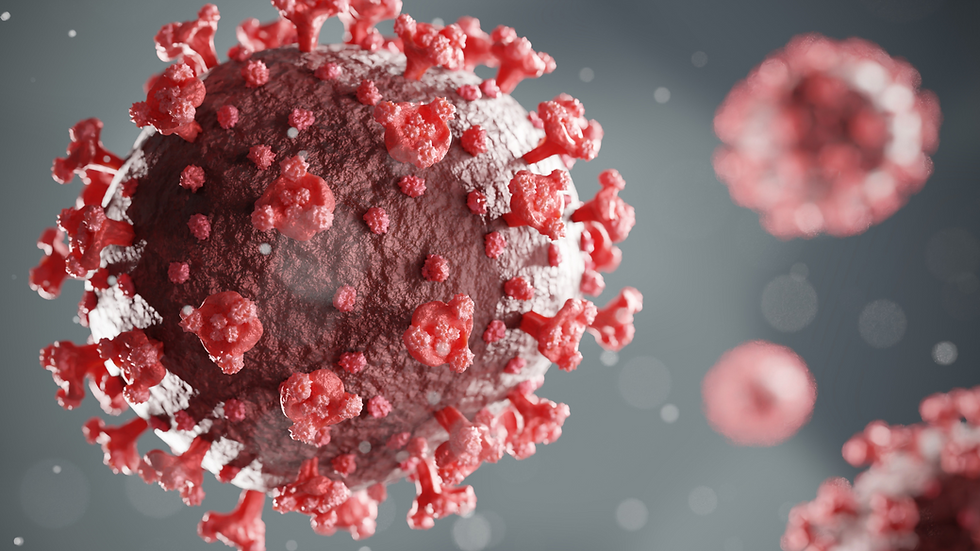Understanding Bloodborne Pathogens: A Guide to Staying Safe in the Workplace
- Denise Castille
- Mar 14, 2023
- 3 min read

As a provider of CPR and first aid training, we believe that Bloodborne Pathogens (BBP) training is essential for anyone who works in an environment where they may come into contact with blood or other bodily fluids. BBP training is a specialized course that teaches individuals how to protect themselves and others from exposure to bloodborne pathogens such as HIV, hepatitis B and C, and other diseases. Here's why we believe everyone who works in a high-risk environment needs BBP training:
Healthcare Workers
Healthcare workers, including doctors, nurses, and other medical professionals, are at the highest risk of exposure to bloodborne pathogens due to their close proximity to patients who may have infectious diseases. BBP training is essential for healthcare workers to help protect themselves and their patients from the spread of diseases. They also need to be trained on how to properly handle and dispose of medical waste, including needles and sharps.
First Responders
First responders, including police officers, firefighters, and paramedics, are often the first on the scene in emergency situations where there may be blood or bodily fluids present. BBP training is essential for these individuals to protect themselves and others from exposure to infectious diseases. They also need to be trained on how to properly handle and dispose of contaminated equipment and clothing.
Janitorial and Maintenance Staff
Janitorial and maintenance staff are responsible for cleaning and maintaining facilities where blood or bodily fluids may be present, such as hospitals and nursing homes. These individuals need to be trained on how to properly clean and disinfect surfaces and equipment to prevent the spread of diseases. They also need to be trained on how to properly handle and dispose of contaminated materials.
Teachers and Childcare Providers
Teachers and childcare providers may come into contact with blood or bodily fluids when caring for young children who may have cuts, scrapes, or other injuries. BBP training is essential for these individuals to help protect themselves and the children they care for from exposure to infectious diseases. They also need to be trained on how to properly handle and dispose of contaminated materials such as bandages and clothing.
In conclusion, anyone who works in an environment where they may come into contact with blood or bodily fluids needs BBP training. This includes healthcare workers, first responders, janitorial and maintenance staff, teachers, and childcare providers. BBP training is essential to help protect individuals from exposure to infectious diseases and to ensure that proper handling and disposal of contaminated materials is carried out to prevent the spread of diseases.
At Any Day CPR Training, we offer comprehensive BBP training courses that are tailored to the needs of your business or organization. Our experienced trainers use the latest techniques and equipment to ensure that your employees receive the highest quality training possible. We also provide training on how to properly handle and dispose of contaminated materials, including needles and sharps.
Don't wait until an accident happens in your workplace or organization. Invest in BBP training today and help create a safer, healthier, and more productive working environment for everyone. Contact us today to schedule your training or to learn more about our services.
If you're interested in BBP training for your employees, contact Any Day CPR Training today (866-CPR-4093 or 214-617-1188) or email info@anydaycpr.com to learn more about our comprehensive training courses. Our experienced trainers can work with you to develop a customized training program that meets the unique needs of your business or organization. Don't wait until an accident happens - invest in BBP training today to help create a safer, healthier, and more productive working environment for everyone.




Comments